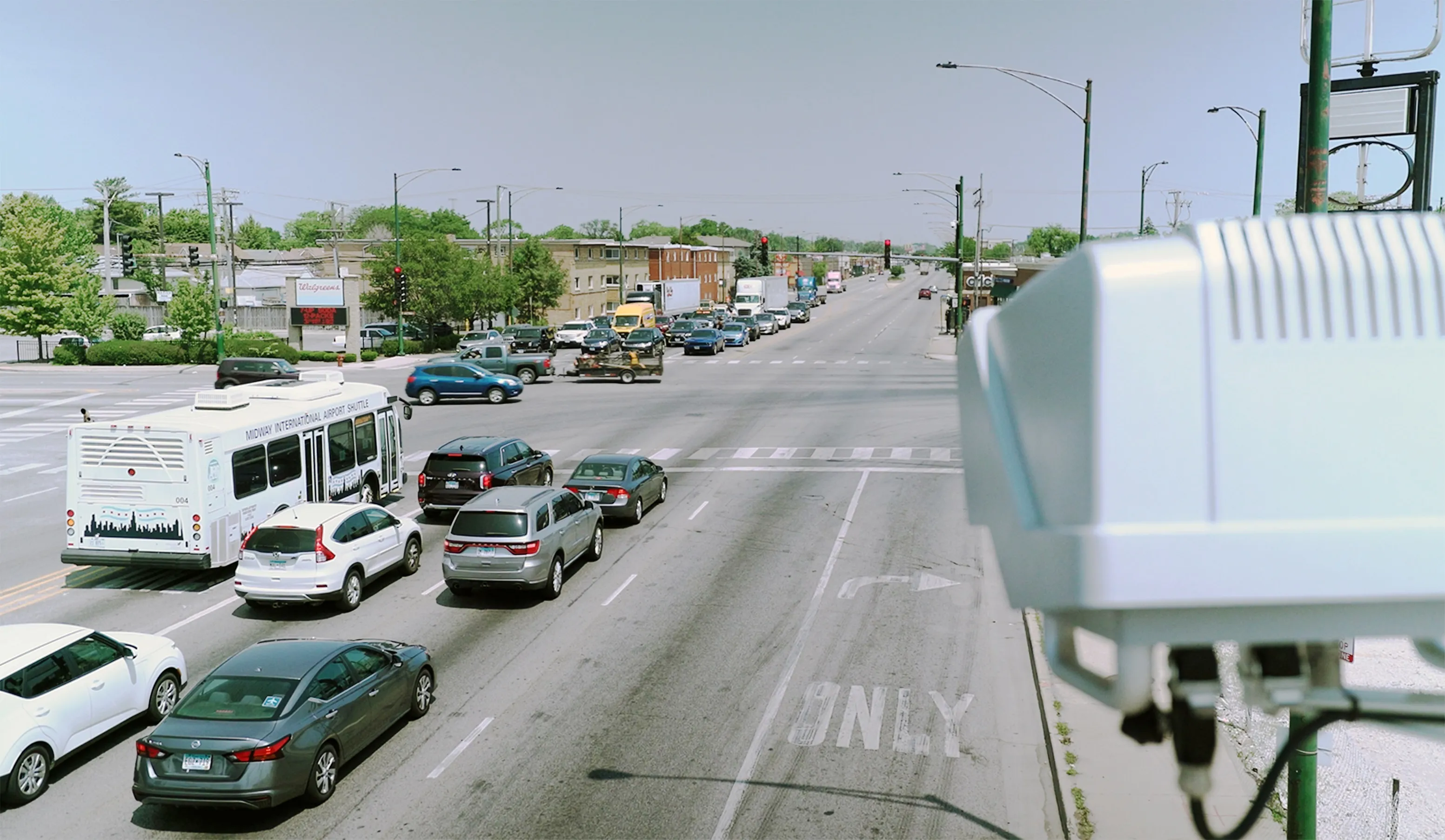As part of a program to better enforce tailgating offences which caused 22 deaths and 426 injuries in Dubai in 2013, Dubai Traffic Police has completed tests comparing Vitronic’s PoliScan speed enforcement systems to standard radar systems on one of the city`s main roads. According to officials the Lidar-based Vitronic systems were six times more efficient than conventional technologies.
“The speed camera was successful in tracking motorists who won’t leave enough distance on the roads, which is the maj
March 27, 2014
Read time: 2 mins
As part of a program to better enforce tailgating offences which caused 22 deaths and 426 injuries in Dubai in 2013, Dubai Traffic Police has completed tests comparing 147 Vitronic’s PoliScan speed enforcement systems to standard radar systems on one of the city`s main roads. According to officials the Lidar-based Vitronic systems were six times more efficient than conventional technologies.
“The speed camera was successful in tracking motorists who won’t leave enough distance on the roads, which is the major reason behind the traffic accidents in Dubai”, said Brigadier Saif Muhair Al Mazroui, deputy director of Dubai Traffic Police. “There is plan to add more systems on the roads to cut the casualties.”
To enforce tailgating offences Dubai Traffic Police intends to install 50 stationary PoliScan systems this year and a further100 in 2015. In addition to tailgating offences, the systems, nicknamed ‘supercam’ by Dubai media, also distinguish between vehicles of different sizes and vehicle with specific speed limits such as taxis.
“The speed camera was successful in tracking motorists who won’t leave enough distance on the roads, which is the major reason behind the traffic accidents in Dubai”, said Brigadier Saif Muhair Al Mazroui, deputy director of Dubai Traffic Police. “There is plan to add more systems on the roads to cut the casualties.”
To enforce tailgating offences Dubai Traffic Police intends to install 50 stationary PoliScan systems this year and a further100 in 2015. In addition to tailgating offences, the systems, nicknamed ‘supercam’ by Dubai media, also distinguish between vehicles of different sizes and vehicle with specific speed limits such as taxis.









